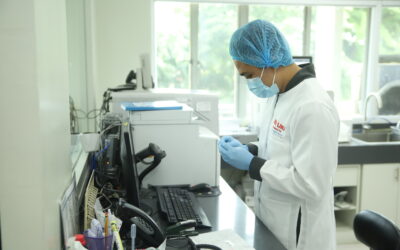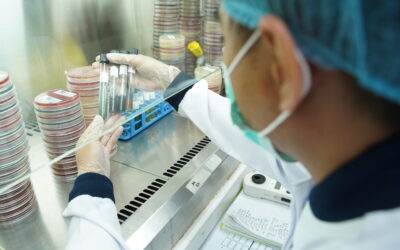Dialysis is used to treat people who suffer from kidney failure. High levels of Creatinine and Potassium test results indicate that the kidneys can no longer effectively remove waste. This impairment often prompts the consideration of dialysis as a necessary treatment option.
Dialysis helps remove waste products and excess fluid from the blood. It can be done at home, a dialysis center, or a hospital.
Those who should have dialysis are:
- Those who suffer from the following conditions:
- Kidney failure
- End-stage renal disease (ESRD)
- High blood pressure
- Diabetes
- Lupus
It is worth noting that kidney failure can develop after a sudden sickness or injury or over time. Kidney disease can also be influenced by other preexisting illnesses that you might have.
Why Should I Have A Dialysis?
- To Help with Kidney Function: The last stage of long-term kidney disease is kidney failure; this means your kidneys can no longer do their job. If you have 10-15% of your function left, this is when you have to go on dialysis. In addition, if waste products and fluids are left unfiltered in the body, this can lead to unpleasant symptoms and fatal conditions. Dialysis flushes out these materials and fluids from the body before anything fatal occurs.
- Maintain Quality of Life: For many, dialysis helps them continue living their daily lives and makes them feel better because the process aids in clearing the waste products that have built up in the blood between treatments. Those with anemia may need management during dialysis through regular Complete Blood Count (Cbc) tests to guide treatment and monitor blood cell counts.
- Transitioning to Transplant: Some patients obtain dialysis while waiting for a kidney transplant. The transplant, on the other hand, is another treatment for kidney failure and offers the chance of a more active lifestyle without more dialysis treatment. It also means maintaining a balanced diet, taking the necessary medications, and following up with regular screening and tests.
What We Offer in Our Dialysis LabCheQ Package 1 (Monthly)
Our Dialysis LabCheQ Package 1 (Monthly) comes with the following tests:
- Complete Blood Count (CBC): The CBC test analyzes the amount of blood cells in your blood. If your blood cells are very low, you have reduced kidney function.
- Creatinine: This test screens the progression of your kidney disease and is a tool for diagnosing kidney conditions
- Blood Urea Nitrogen (BUN) – Pre HD
- Blood Urea Nitrogen (BUN) – Post HD
- Potassium: This test measures the amount of potassium in your blood. Very low Potassium levels indicate that you may need immediate medical attention for your condition.
- Calcium
- Sodium: Results showing abnormal sodium levels indicate kidney problems.
- Phosphorus
- kt/V and URR (Urea Reduction Ratio)
FAQs
How long can a person live on dialysis?
The life expectancy for dialysis patients is 5-10 years, but some have lived for as long as 20+ years. Factors like age, gender, lifestyle, and other health problems can also influence one’s longevity while on dialysis.
Is kidney dialysis painful?
No, the treatment is painless, but some side effects exist. On the brighter side, dialysis has allowed people to live more years.
Can I live a normal life on dialysis?
Yes, it is possible to live a normal life on dialysis, although it may require adjustments. Some factors you can consider are:
- The support you get from your loved ones
- The integration of dialysis into your daily life/lifestyle and schedule
- Your current diet
What are the symptoms after dialysis?
These are:
- Fatigue
- Itchiness in the skin
- Muscle cramps
- Chills and fevers
- Back pain
Should you experience any of them, we highly recommend calling your doctor to help manage these symptoms.
Book Your Dialysis LabCheQ Package 1 (Monthly) With Medi Linx Laboratory!
Dialysis is a treatment that helps save lives. There are different types for different needs and concerns. You can schedule and book our Dialysis LabCheQ Package 1 (Monthly) via our Virtual Lab at Medi Linx, a Laboratory in Quezon City. Contact us at 0939-9227341, or visit our QC Lab on the 2nd floor of Avire Tower P. Tuazon Blvd. Project 4, Quezon City!





